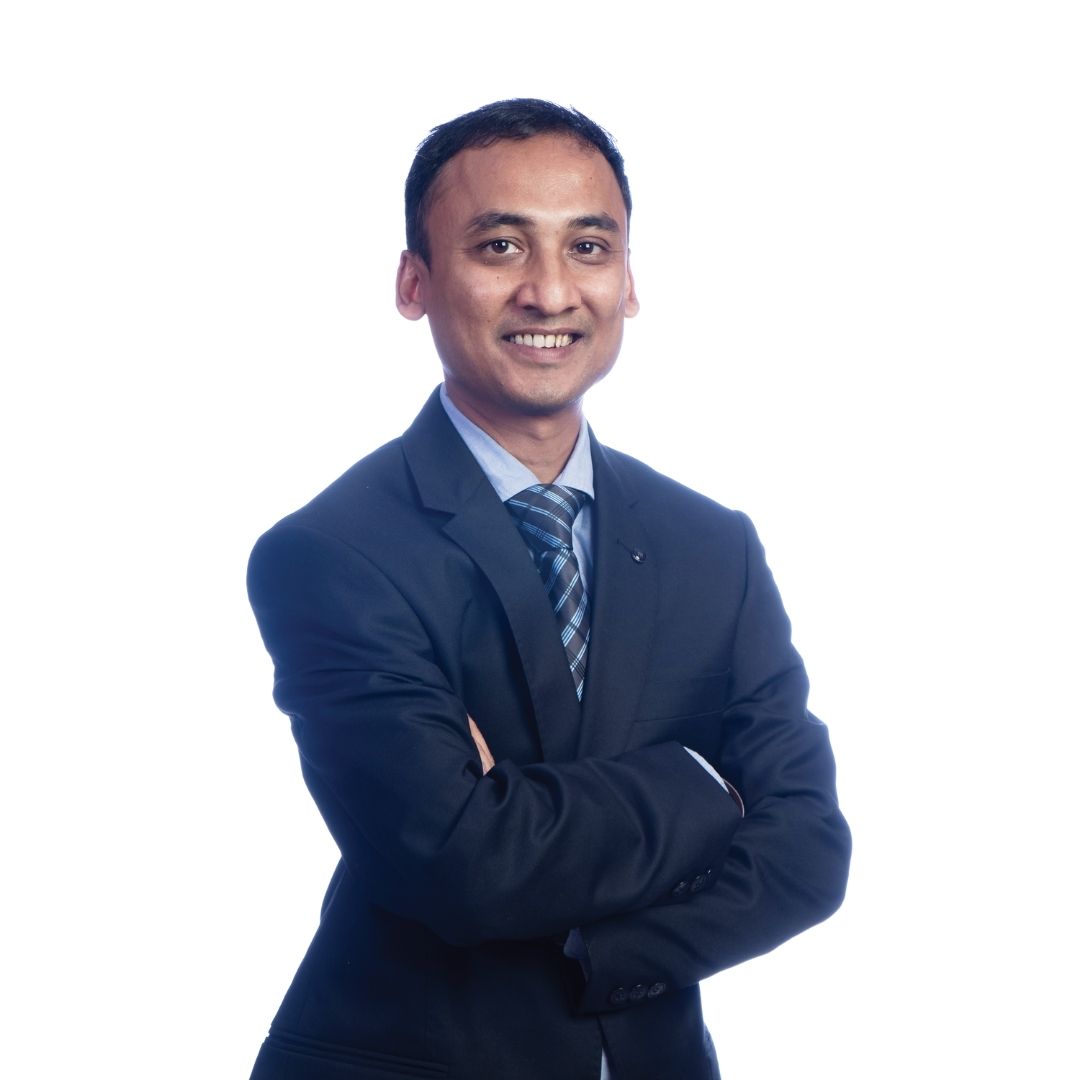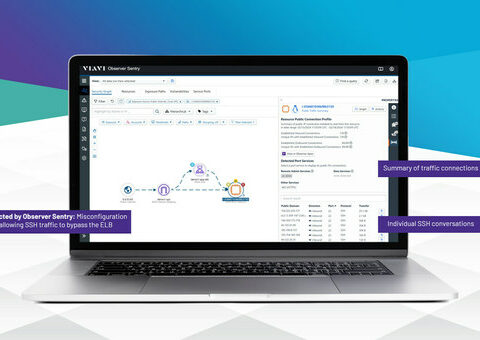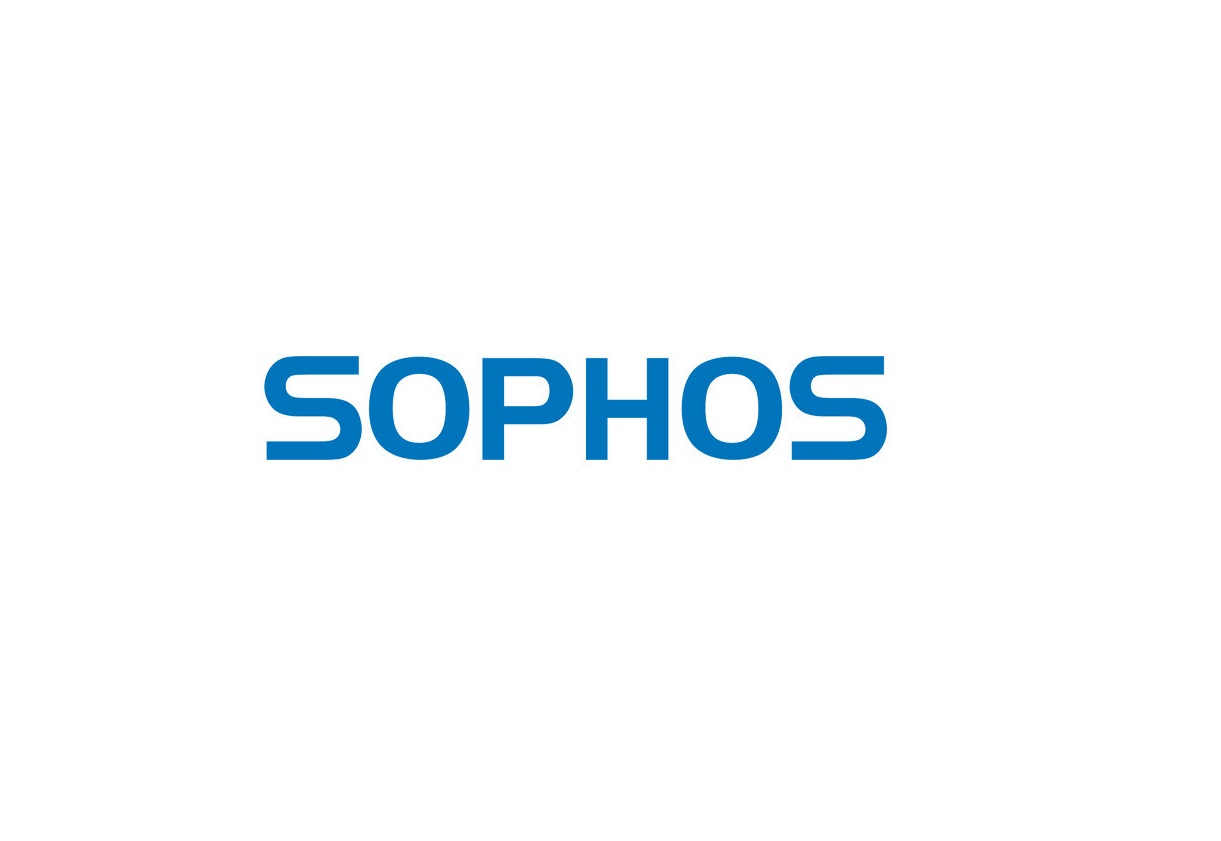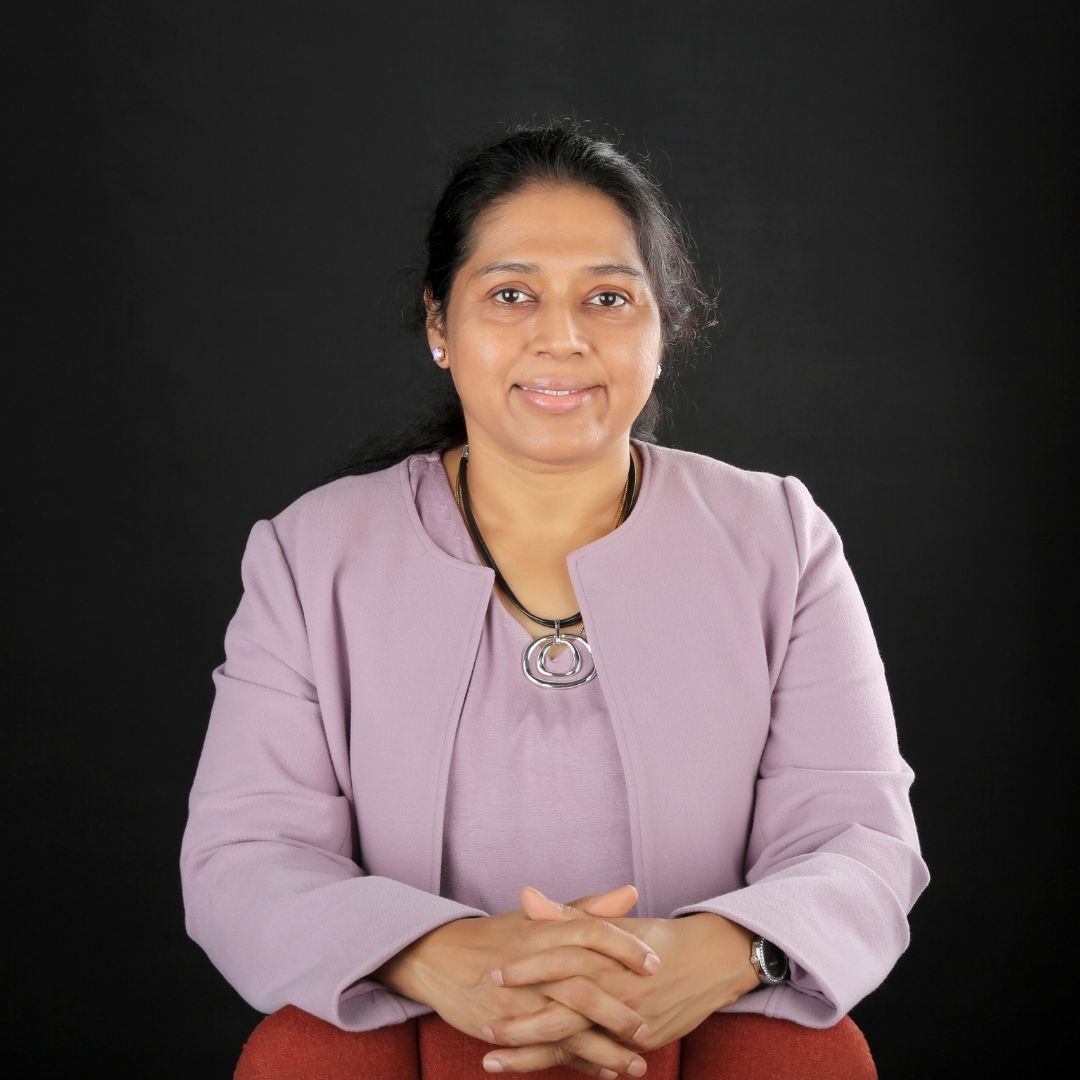Here is a snippet from a recent interaction between team IT-Voice and Sachin Nigam, CTO & Co-Founder of Goavega Software India Pvt Ltd:
Prateek: How DevOps can help in the development of a company post COVID?
Sachin Nigam: With the organizations being forced to embrace digital transformation, DevOps can be a key lever in streamlining the business processes by replacing manual processes with automation. Post-COVID, more emphasis would be on cutting costs, being nimble, innovating rapidly, and improving productivity. DevOps can significantly bring down ideation to go-live cycles by automating the end-to-end process.
Prateek: What are some of the challenges DevOps is facing predominantly?
Sachin Nigam: Some of the challenges in embracing DevOps are:
- Changing the organization’s culture and getting Development and Operations team to agree on a common set of goals.
- A lot of organizations are resistive to change well-defined processes with new more efficient ones.
- Working with legacy applications and infrastructure. It is harder to adopt DevOps for older infrastructure and applications with complex architecture stacks.
Prateek: How can DevOps help in Achieving Digital Transformation?
Sachin Nigam: DevOps helps Organizations be successful with digital transformation by shifting the cultural mindset of the organization, breaking down silos, and moving to a more collaborative process with collective ownership. Automation around infrastructure, testing, and deployment help in rapid innovation, shorter and stable release cycles to meet evolving customer demands.
Prateek: How can the healthcare sector benefit from IoT?
Sachin Nigam: Healthcare has traditionally been an in-person thing resulting in slow diagnosis and mostly being a reactive sector. Usage of Devices in the form of wearables like fitness bands and other connected devices like blood pressure etc. give patients access to personalized attention and the ability to make informed decisions. Wearables and other remote monitoring equipment also help Doctors track patients’ health on a more real-time basis. IoT-enabled devices can also be used in a hospital setup to track the real-time location of life-saving equipment, maintaining optimal thresholds, deployment of medical staff, and/or shortages. Data collected by IoT devices can be anonymized, aggregated, and then run through a machine learning pipeline to identify the best treatment process and reach expected outcomes.
Prateek: Does India have the benefit of having the perfect blend of millennials and Gen X tech experts?
Sachin Nigam: Absolute yes, a right mix of millennials and Gen X is required for a productive and innovation-driven work environment. With millennials having grown up with laptops, broadbands, smartphones, and social media, they are the first generation with a better grasp on the value of digital transformation than more senior workers. Gen X as per a recent study (https://www.cnbc.com/2018/04/11/generation-x–not-millennials–is-changing-the-nature-of-work.html) is the one occupying most of the key leadership roles. Gen X leaders are just as comfortable with leveraging technology in the workplace as millennials. Where millennials can add more value by innovating faster using flexible approaches to work, Gen X can add value by being more grounded and loyal to a cause.
Prateek: How does Goavega see the human resource capital in this perspective?
Goavega strongly believes in having a blend of both due to the reasons outlined above.
For any such interaction opportunities, you may write to us at [email protected].








